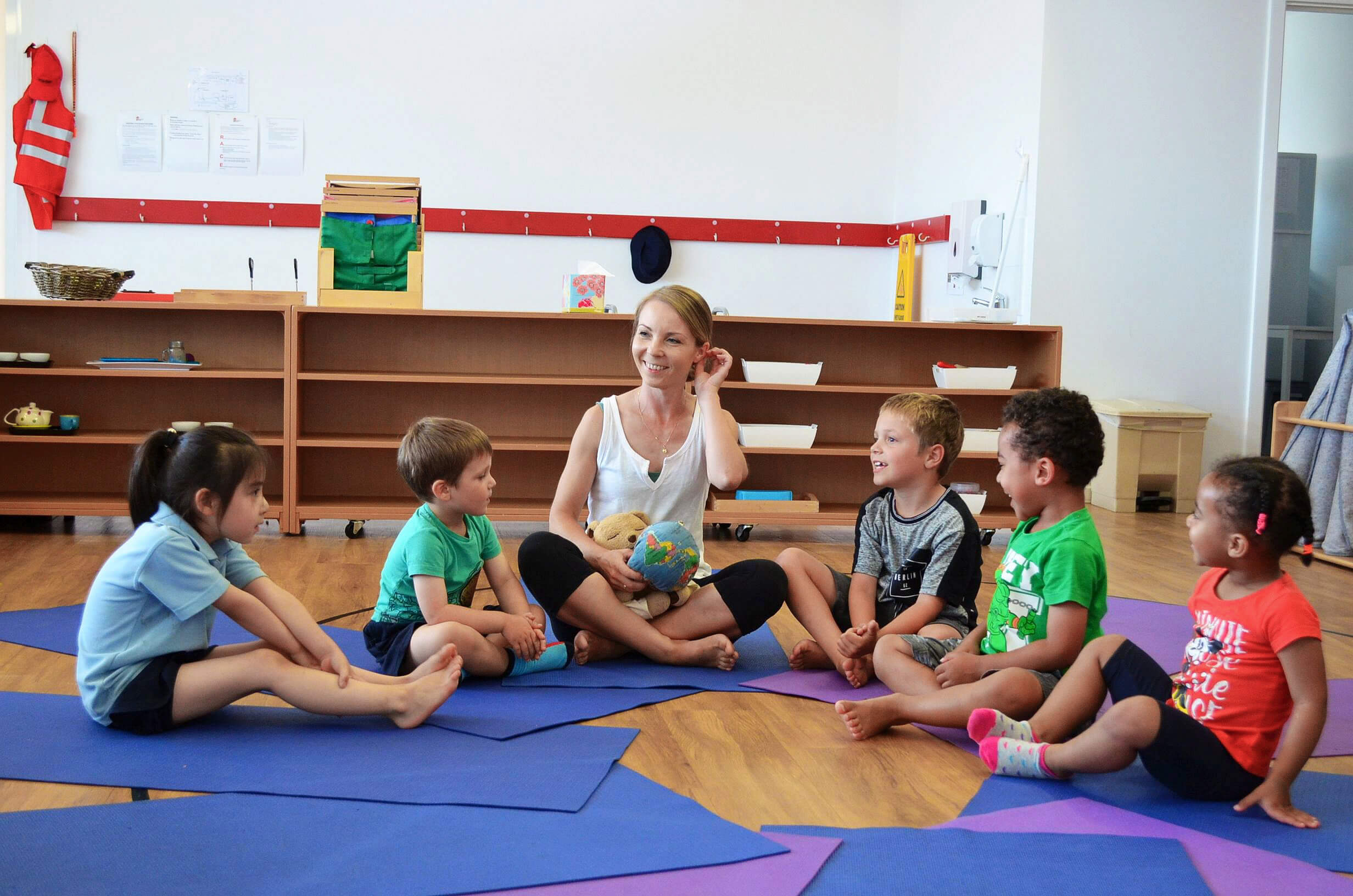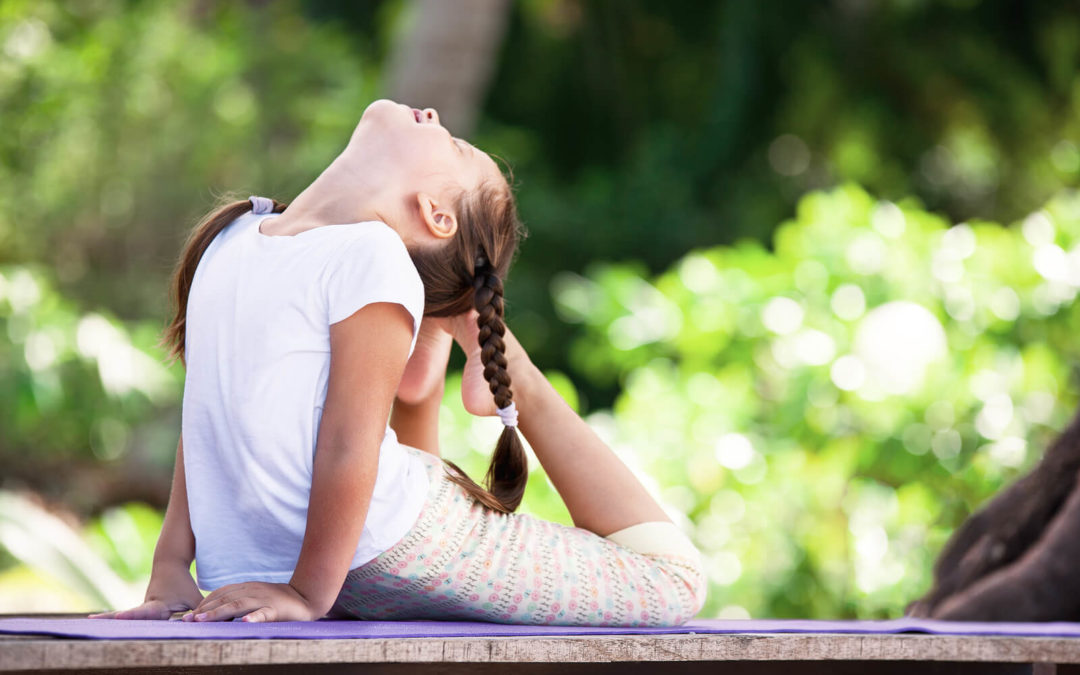We all know that mindfulness practise is good for your body and mind. After few deep breaths you feel much better.
When you go for a walk and pay attention to nature – you feel refreshed and more relaxed.
There are many studies about benefits of mindfulness for adults. What about children? Are they the same? Studies find that youth benefit from learning mindfulness in terms of improved cognitive outcomes, social-emotional skills, and well being. It is not only temporary relief from stress or better mood. Such benefits may lead to long-term improvements in life. Especially when you start in young age. Your child can improve social skills in kindergarten which predict improved education, employment, crime, substance abuse and mental health outcomes in adulthood.
As a parent you care not so much about grades but rather about your child’s well being. There is lot of bullying at school, teasing and competition. Young students learn how to build relationships and deal with disappointment. Some children are very anxious to speak a front of the class, some others fights with first symptoms of depression. You definitely want to avoid any of that and equip your child with the necessary skills to cope with stress and tackle complicated and demanding school environment.
We teach mindfulness from a young age because being mindful is natural for little kids and continue to be natural through teen age and if nurtured helps in adult life.
Prevention is always better than rectifying mental issues. When we start teaching 3-5 years old children how to be mindful and how to build mindful relationship then we might prevent more serious problems at school and finally, rise young people equipped in necessary skills to become independent and resilient adults.

Research: 1) (Jones, D. E., Greenberg, M., & Crowley, M. (2015). Early Social-Emotional Functioning and Public Health: The Relationship Between Kindergarten Social Competence and Future Wellness. American Journal of Public Health, 105(11), 2283–2290.) (Napoli, M., Krech, P. R., & Holley, L. C. (2005). Mindfulness Training for Elementary School Students. Journal of Applied School Psychology, 21(1), 99–125. Semple, R. J., Lee, J., Rosa, D., & Miller, L. F. (2010). A randomized trial of mindfulness-based cognitive therapy for children: promoting mindful attention to enhance social-emotional resiliency in children. Journal of Child and Family Studies, 19(2), 218–229. 2) Mendelson, T., Greenberg, M. T., Dariotis, J. K., Gould, L. F., Rhoades, B. L., & Leaf, P. J. (2010). Feasibility and preliminary outcomes of a school-based mindfulness intervention for urban youth. Journal of Abnormal Child Psychology, 38(7), 985–994. Liehr, P., & Diaz, N. (2010). A Pilot Study Examining the Effect of Mindfulness on Depression and Anxiety for Minority Children. Archives of Psychiatric Nursing, 24(1), 69–71.


Recent Comments